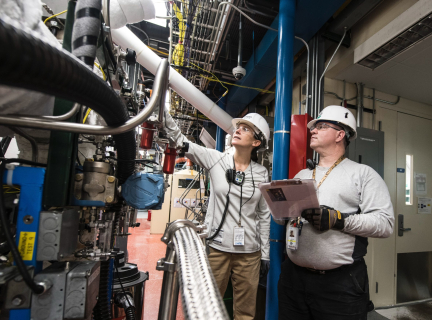Skills, Education and Experience

Skills
- a strong aptitude for math and science
- good written and oral communication
- strong computer skills
- critical thinking and problem solving
- logical and detail oriented
- leadership
- teamwork
- project management
Education and Experience
- Bachelor’s degree in electrical or electronics engineering or in a related engineering discipline
- licensing by the Engineers & Geoscientists British Columbia EGBC, in order to practise as a Professional Engineer (P.Eng)
- Master’s degree or doctorate in a related engineering discipline may be required
Qualifications
This occupation is regulated in British Columbia.
You must be licensed by Engineers & Geoscientists British Columbia to use the title Professional Engineer in BC.
However, you can work in engineering, even if you haven’t been licensed by a professional engineering association, as long as you are working under the direct supervision of a professional engineer (P.Eng) licensed in the province or territory in which you are working.
Only licensed engineers are permitted to undertake and assume responsibility for engineering projects in BC. Licensing is required to approve engineering drawings and reports, and to practise as a Professional Engineer (P. Eng.)
In order to become a registered member of Engineers & Geoscientists British Columbia you require:
- graduation from an accredited educational program
- four years of satisfactory supervised work experience in engineering, at least one of these years must be gained in a Canadian environment
- passing a professional practice examination
- completion of the law and ethics seminar
For more information:
